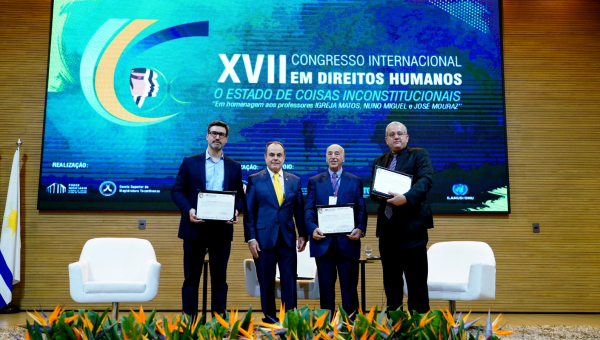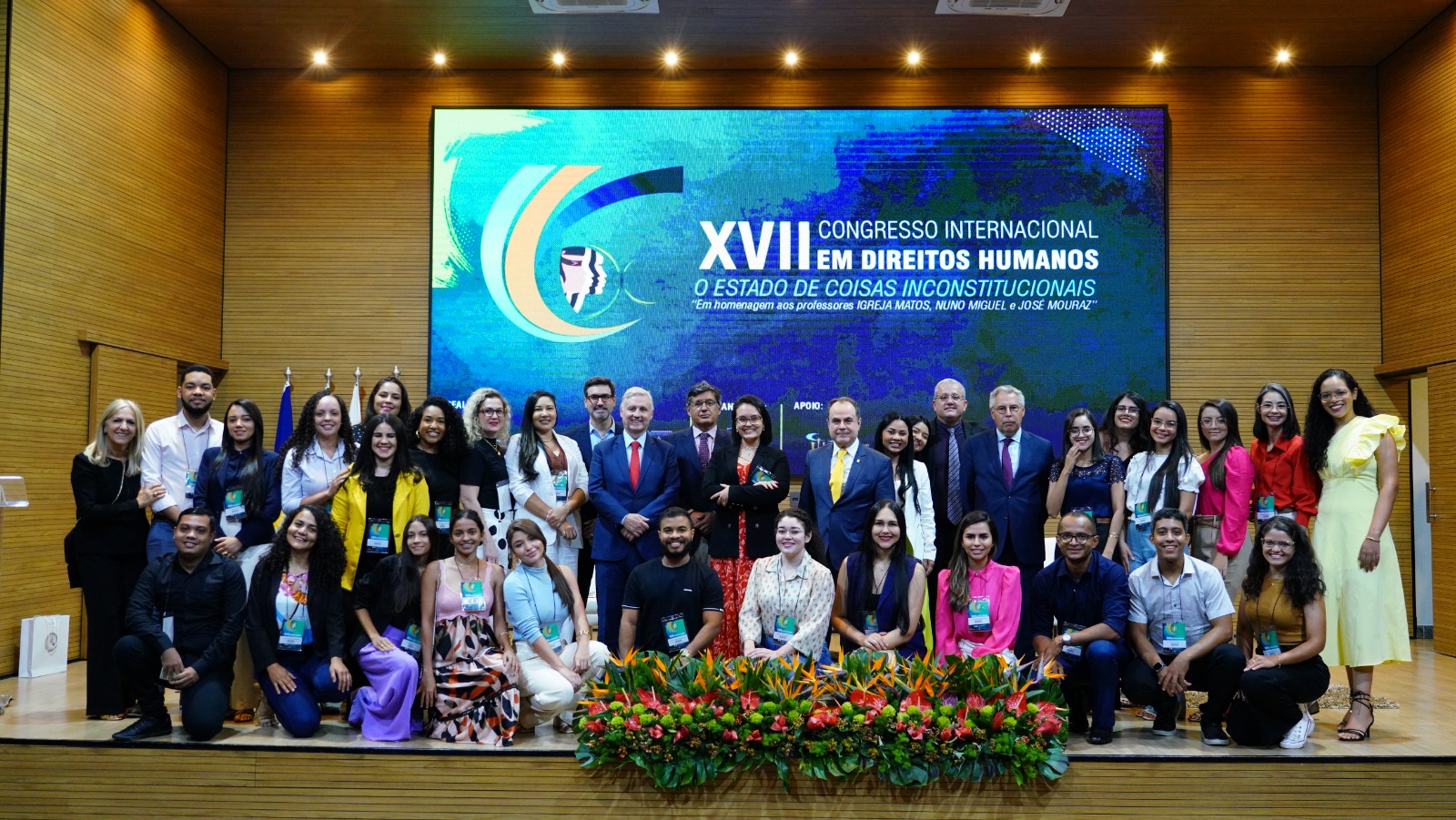
The panel on the challenges and progress of human rights protection systems in America and Africa closed the programming of the second day of the XVII International Congress on Human Rights - The State of Unconstitutional Things, on Thursday (October 3rd). The topic was addressed by Dr. Mohamed Jaouhar, from the University of Casablanca/Morocco, and Dr. Valério Mazzuoli, from the Federal University of the State of Mato Grosso/Brazil, and it was moderated by Dr. Tarsis Barreto Oliveira (PPGPJDH).
Dr. Valério presented an update on the state of the art of conventionality control in the Brazilian legal system, talking about how this practice has evolved over the years and the progress made at national level. He also highlighted the role of the Court of Justice of the State of Tocantins as a pioneer in recommending that Judges apply international treaties in their judgments, demonstrating a commitment to the defense of human rights. “It was precisely in the Court of Justice of the State of Tocantins that the first recommendation from the General Internal Affairs of Justice came out, advising Judges to apply treaties against the elastic conventionality of laws,” he emphasized.
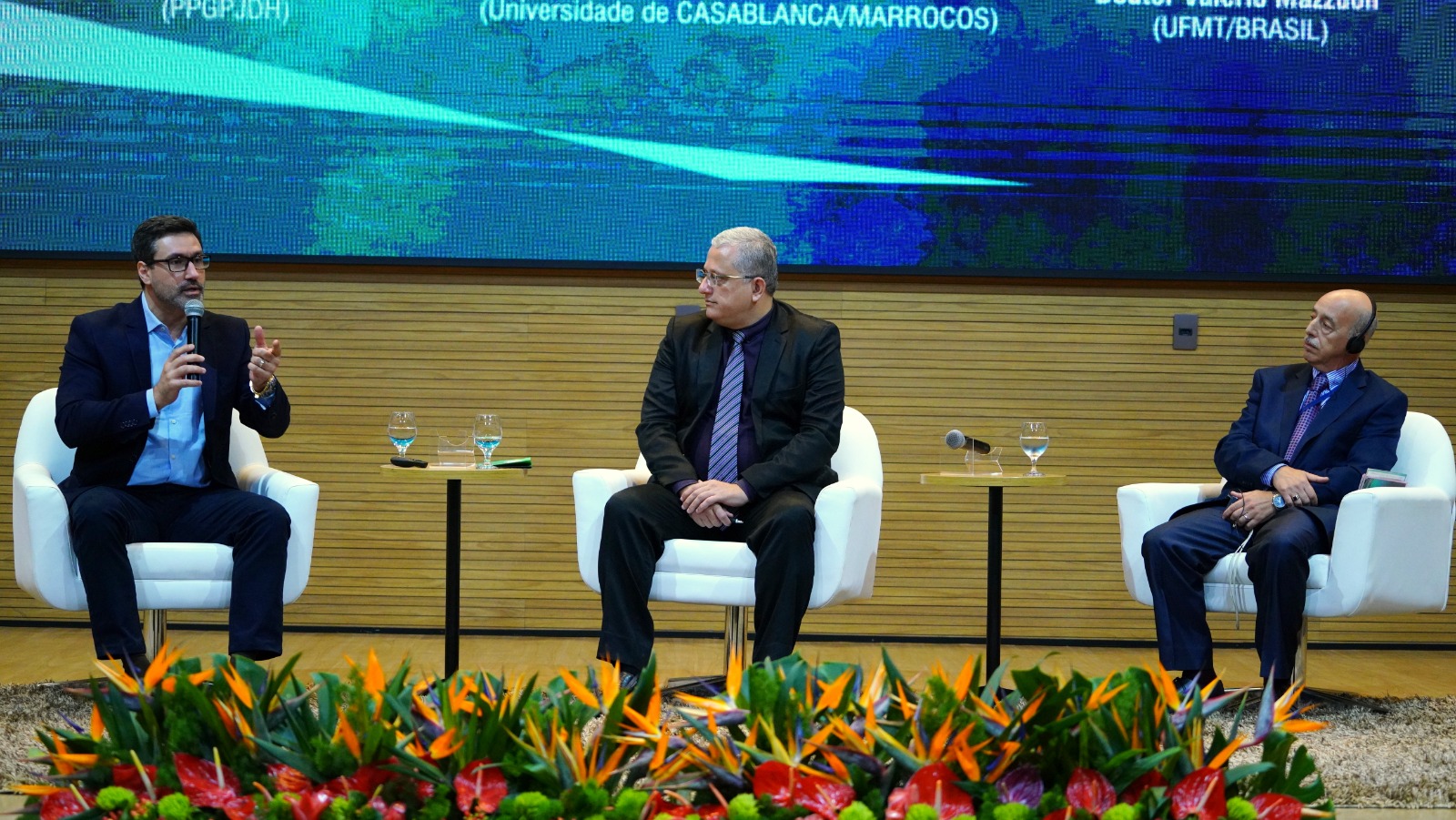
The expert also spoke of the importance of the Judiciary and the Public Prosecution acting in an integrated manner in the control of conventionality. He mentioned that the Inter-American Court of Human Rights has established that both institutions have the obligation to control the conformity of laws with international treaties, reinforcing the importance of joint and effective action.
In addition, the importance of conventionality control in cases involving vulnerable groups such as women, children and indigenous populations was emphasized. “Imagine we have an indigenous female child with a disability. All the international treaties protecting children, indigenous peoples and people with disabilities must be taken into account in order to control the rule,” he said.
Dr. Jaouhar presented an overview of the evolution of human rights on the African continent, with a focus on the regional protection systems in Morocco. In his presentation, Dr. Jaouhar highlighted the historical challenges and achievements of Moroccan society in its search for justice and reconciliation, especially since the 1950s. He highlighted the decades known as the “years of lead” - a period characterized by revolts, kidnappings and abuses by the State in which human rights were violated.
“We are witnessing a period of disproportionate violence, with the use of force by the government, which is preventing the advance of freedoms and social justice,” he said.
He also approached the beginning of the turnaround in the political landscape of Morocco in the 1990s, with the creation of the Consultative Council for Human Rights. And the great change, the period of a new era with the ascension of King Mohamed VI to the throne in 1999, in the approach of the State to human rights. “The new king wanted to turn the page on past abuses and clean up the country's image. The Office of Equity and Reconciliation was created in 2004, with the mission of investigating the cases of human rights evidence that occurred during the leaden years and offering compensation to the victims and their heirs,” Jaouhar explained.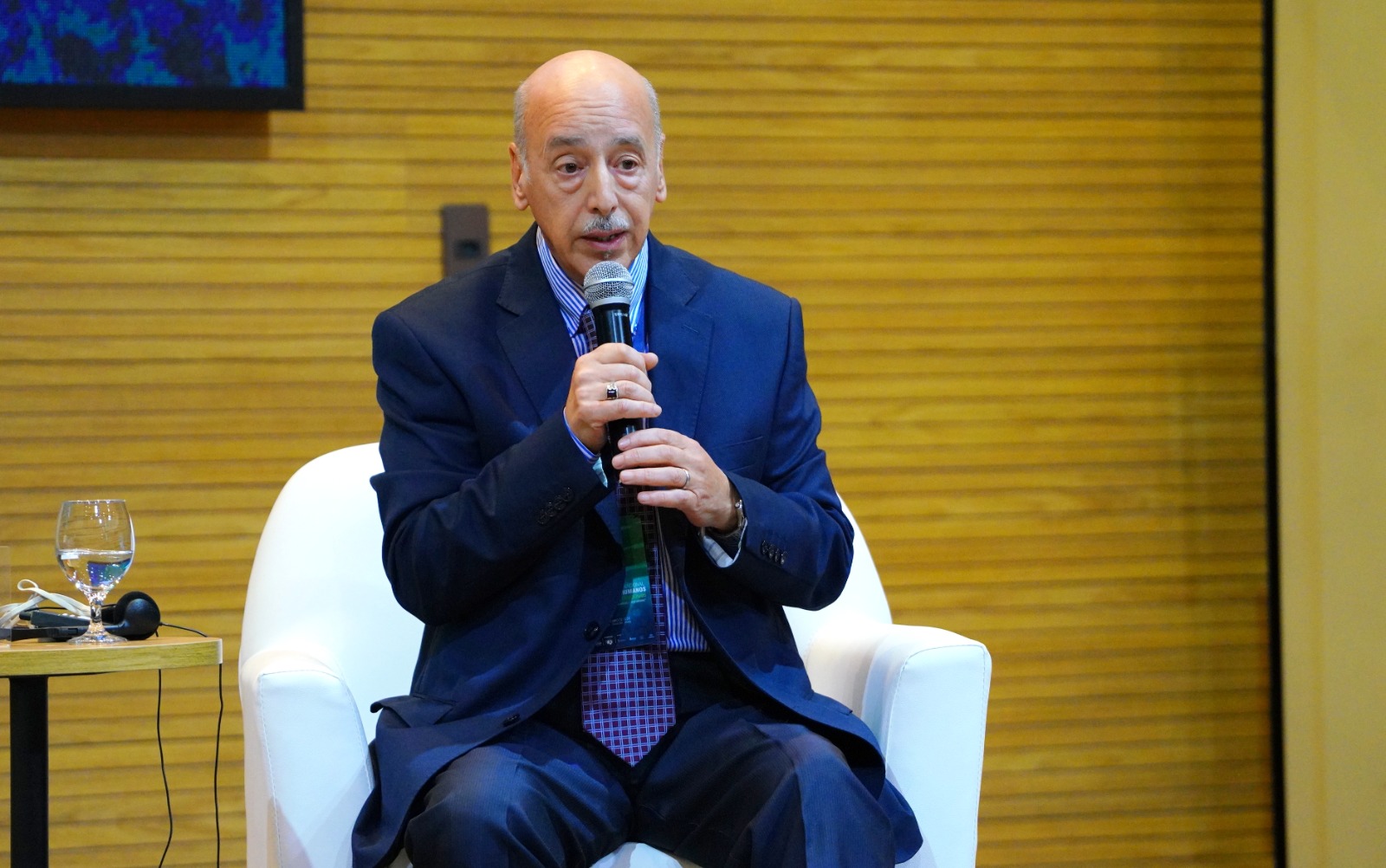
Finally, Jaouhar spoke about the reforms that continued after the conclusion of the work of the Instance of Equity and Reconciliation, such as the promotion of the rights of women and the creation of administrative courts to mediate conflicts between citizens and the public administration.
“Today, we can say that Morocco has made a great effort to advance the rule of law and guarantee human rights. It wasn't an easy process, but it is internationally recognized, so much so that the country has been entrusted with the Presidency of the Human Rights Council of the UN in 2024,” he said.
Tribute
At the end of the panel, Dr. Mohamed Jaouhar was honored with the ESMAT Medallion, in recognition of his collaboration with the activities of the school and the enhancement of the Judiciary of the State of Tocantins. The tribute was presented by Justice Marco Villas Boas, the General Director of the school.




_thumbnail_thumbnail.jpeg)
_thumbnail_thumbnail.jpeg)
_thumbnail_thumbnail.jpeg)
_thumbnail_thumbnail.jpeg)
_thumbnail_thumbnail.jpeg)
_thumbnail_thumbnail.jpeg)
_thumbnail_thumbnail.jpeg)
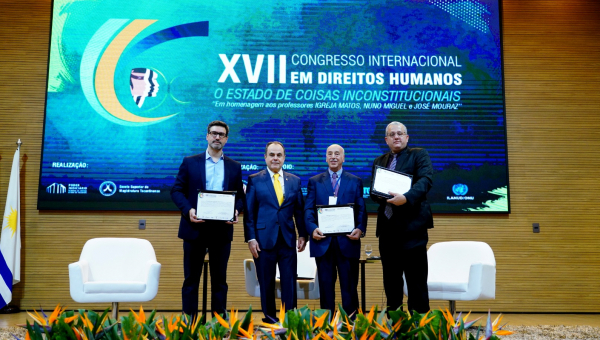
_thumbnail.jpeg)
_thumbnail.jpeg)
_thumbnail.jpeg)
_thumbnail.jpeg)
_thumbnail.jpeg)
_thumbnail.jpeg)
_thumbnail.jpeg)
